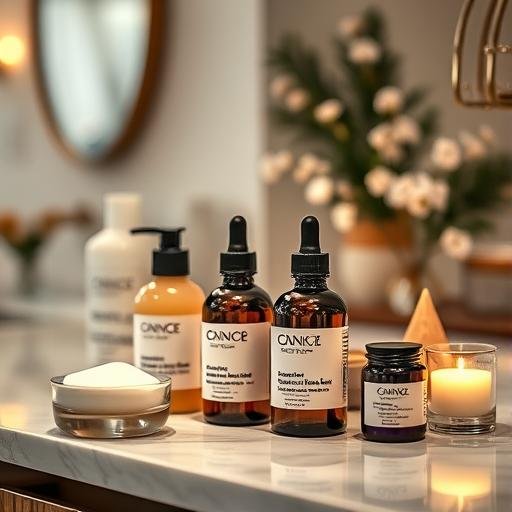Sensitive Skin 101: Tips That Actually Work10 Common Skincare Mistakes and How to Fix Them
April 12, 2025 | by Celine

The Science of Skin Fasting: Does Skipping Products Actually Improve Your Skin?
Could taking a break from your skincare routine be the secret to a healthier complexion? Let’s dive into the science behind “skin fasting” and whether less really is more.
What Is Skin Fasting?
Skin fasting is the practice of temporarily reducing or eliminating skincare products to allow your skin to “reset” and function more naturally. The idea is that overloading the skin with too many products may disrupt its natural balance, leading to irritation, sensitivity, or even breakouts.
The Theory Behind Skin Fasting
Proponents of skin fasting argue that:
- Your skin can become “lazy”: Relying on moisturizers and serums might reduce your skin’s natural ability to produce oils and maintain hydration.
- Product overload can cause irritation: Layering too many actives (like retinoids, acids, and vitamin C) may lead to sensitivity or inflammation.
- Simpler routines can reveal your skin’s true needs: By stripping back products, you may better understand what your skin actually requires.
What Does Science Say?
While there’s limited formal research on skin fasting specifically, dermatologists acknowledge some benefits to simplifying skincare:
- Reduced irritation: Cutting back on harsh actives can help sensitive or compromised skin recover.
- Barrier repair: Over-exfoliation or excessive product use can damage the skin barrier—taking a break may allow it to heal.
- Personalized skincare: A reset can help identify which products truly benefit your skin versus those that may be unnecessary.
However, completely abandoning essentials like sunscreen or gentle cleansers isn’t recommended, as these support long-term skin health.
How to Try Skin Fasting Safely
If you’re curious, here’s a balanced approach:
- Start slow: Eliminate one product at a time (e.g., skip serums but keep moisturizer).
- Keep the basics: Always cleanse and wear SPF—these are non-negotiable for healthy skin.
- Listen to your skin: If it feels tight, dry, or irritated, reintroduce hydration gradually.
- Limit the fast: Try a weekend or a week—not months—to avoid unintended damage.
Who Should (and Shouldn’t) Try Skin Fasting?
Good candidates: Those with non-sensitive skin, minimal concerns, or who suspect product overload.
Avoid if: You have acne, eczema, rosacea, or rely on prescribed treatments (consult your derm first).
The Verdict
Skin fasting isn’t a miracle cure, but a simplified routine can benefit some by reducing irritation and helping the skin recalibrate. The key? Balance—don’t ditch essentials, and always prioritize your skin’s unique needs.
Have you tried skin fasting? Share your experience in the comments! ✨
RELATED POSTS
View all


